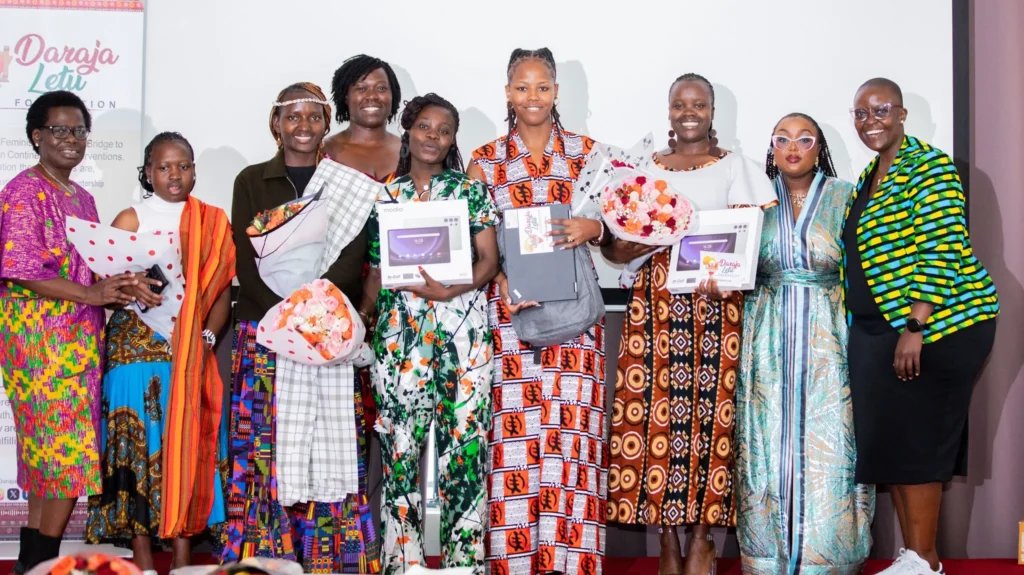Over the weekend, Nairobi played host to the fifth Annual Polycom Girls Assembly, drawing hundreds of adolescent girls from Kibera, Kajiado, Homa Bay, and other informal settlements. The two-day event, themed “Legacy in Motion: Her Voice, Her Power, Our Future,” focused on ending sexual harassment and grooming among schoolgirls, while empowering them through leadership, innovation, and gender equality initiatives.
Organized by Polycom Girls, a women-led Pan-African feminist organization based in Homa Bay, the Assembly has become a powerful platform for adolescent girls and young women (AGYW) to express themselves and shape their futures. The initiative uses storytelling, art, intergenerational dialogue, and urban carnivals to tackle social issues and inspire girls to envision a just and inclusive future.
Despite Kenya’s progress on gender issues, many girls particularly in informal settlements remain vulnerable to exploitation, early pregnancies, and exclusion from decision-making. “When you see a 10-year-old pregnant, it means grooming has been happening,” said Suba North MP Hon. Millie Odhiambo, adding that the Assembly is both a celebration of resilience and a strategic call to action for girl-centered programming.
Wendy Aura, Programs Manager at Polycom Girls, emphasized the importance of intentional leadership building, noting that girls in Homa Bay and Nairobi are now engaging in global platforms like Beijing+30 and the SDGs. The Feminspire Innovation Challenge, launched during the Assembly, gives girls and young mothers opportunities to pitch community-impact projects and secure funding.
Jane Anyango, Founder of Polycom Girls, praised the transformation she’s seen: “Girls have moved from silence to strength mentored by women who walked before them, and now innovating for their futures.”
Newly elected She Leads Representatives, Stacy Akinyi (Nairobi) and Nancy Akinyi Ochieng (Homa Bay), outlined their priorities, including climate action, mental health, and entrepreneurship.
This Assembly is more than an event it’s a growing movement. Stakeholders are now calling on county governments, schools, and civil society organizations to replicate and support such girl-centered spaces nationwide, ensuring no girl is left behind.

